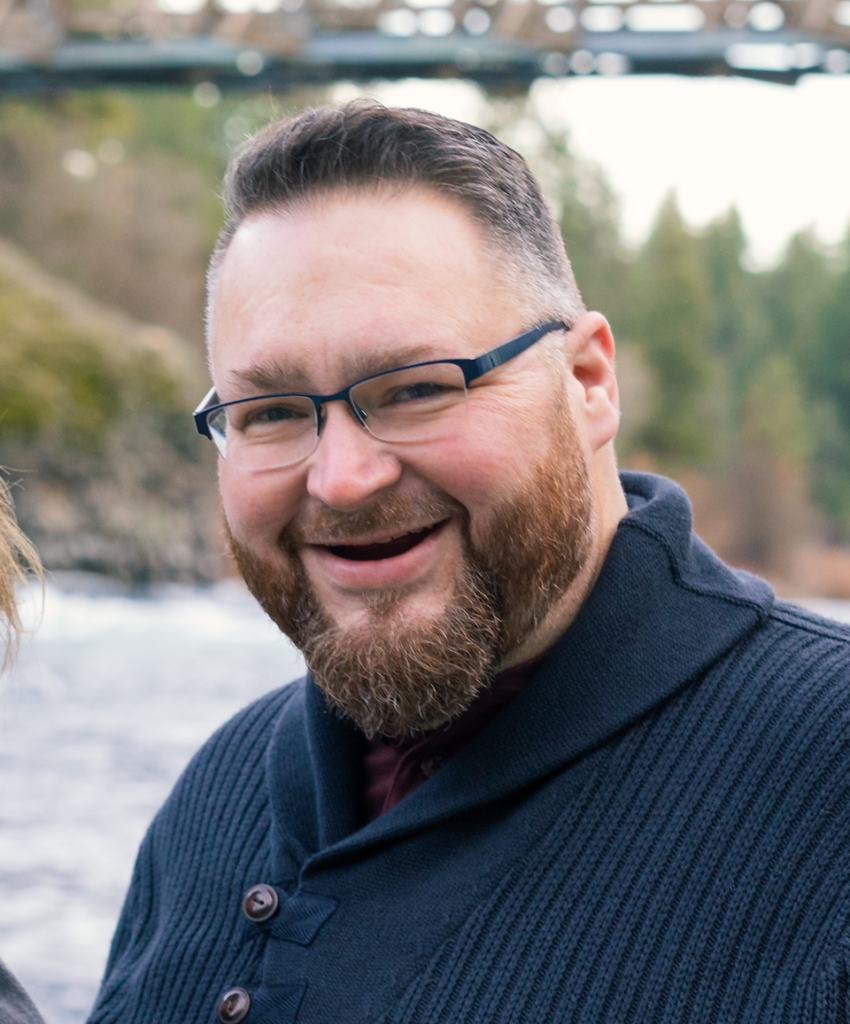By: Wayne Farris, Stevens County Fire & Rescue

The dam broke.
Sometimes dams break slowly, cracks form over time, water seeps through here and there. Other times, without warning there is a sudden burst and rushing falls. This was the latter.
Our regional CISM team had just debriefed with a first responding crew – firefighters, EMT’s, dispatch operators – who had been part of the scene of a teenage girl’s suicide. Small town. Everybody knows everyone’s name. Distraught high school cheerleader used daddy’s pistol. Very tragic and sad, and… well, you get the picture.
Our regional CISM team is well-trained and the few times I have joined them for these meetings (I’m still the substitute stand-in) they have all gone well. This was no exception. We encountered a great crew of compassionate colleagues caring well for one another and their community. They engaged in the debrief exercise, found benefit in it, and were grateful for the time together that evening.
One woman (we’ll call her “Lisa”) was, in many positive ways, a ‘mother hen’ to the rest of the team. I found her encouraging, experienced, and compassionate. On several occasions she spoke about knowing the deceased and the family well, and doing all she could to comfort them, follow up with them, plan meals and more. To our closed-ended questions (think ICISF Communication Diamond), she was quick to respond to the facts of the incident and its aftermath. To our open-ended questions she was quick to deflect to how the family was doing, and how she was “just focused on taking care of them”. She participated openly in our discussion. She was articulate and engaged. What struck me was not what Lisa said, but what she didn’t say. She never answered questions about how she was doing, how she was feeling. When others expressed their own emotions in response to a question, Lisa deflected to how the family was feeling and all she was trying to do for them. This is not always a bad sign. Some do not communicate their feelings as easily or readily as others. And Lisa’s care and concern for the family were admirable. I did not want to assume Lisa needed more from us, but nor did I want to leave the evening without checking. So, the ‘after meeting’ became my moment of opportunity.
The teaching we have received about setting up the atmosphere in the room, being ready with some light refreshments after the meeting, and staying available for that informal time when group members might approach us one-on-one is so critically important. Lisa and I found ourselves grabbing a beverage at the same time, on the other side of the room from the group that was mulling about. So, I took the time to encourage and commend her care for the family in the aftermath of the tragedy. And then I asked her, “How are you doing with it all?” Her response was expected, “Oh, I’m just focused on them right now. It’s such a tragedy I don’t even have time to worry about me.” So, I followed up, “What if you did? You have known this family for a long time. You’ve known this girl since she was a baby. What would it look like if you didn’t worry about organizing tomorrow’s meals, but you just took some quiet time by yourself to feel and process your own loss?” … And the dam broke.
I spent the next few moments just listening, being present. Some words were exchanged as I did some personal ‘Teaching’, ‘Normalizing’, and reinforcing the ‘Reentry’ we had discussed as a group. A couple of Lisa’s colleagues noticed from across the room and approached her with their support. She seemed a little ‘lighter’ when she left. And I was reminded of two things: (1) stay available, because sometimes the most important meetings are the one’s immediately following “the meeting”; and (2) when listening, keep in mind that one valuable listening technique is to listen for what is being left unsaid.
personal ‘Teaching’, ‘Normalizing’, and reinforcing the ‘Reentry’ we had discussed as a group. A couple of Lisa’s colleagues noticed from across the room and approached her with their support. She seemed a little ‘lighter’ when she left. And I was reminded of two things: (1) stay available, because sometimes the most important meetings are the one’s immediately following “the meeting”; and (2) when listening, keep in mind that one valuable listening technique is to listen for what is being left unsaid.